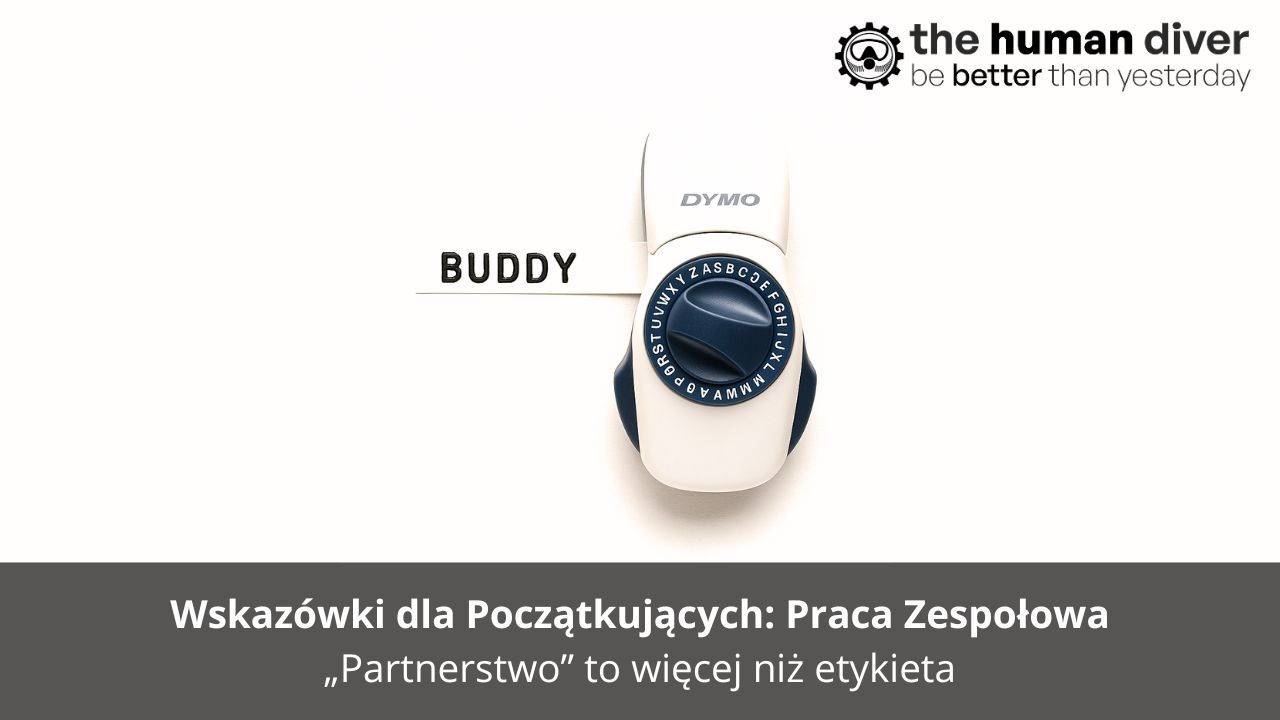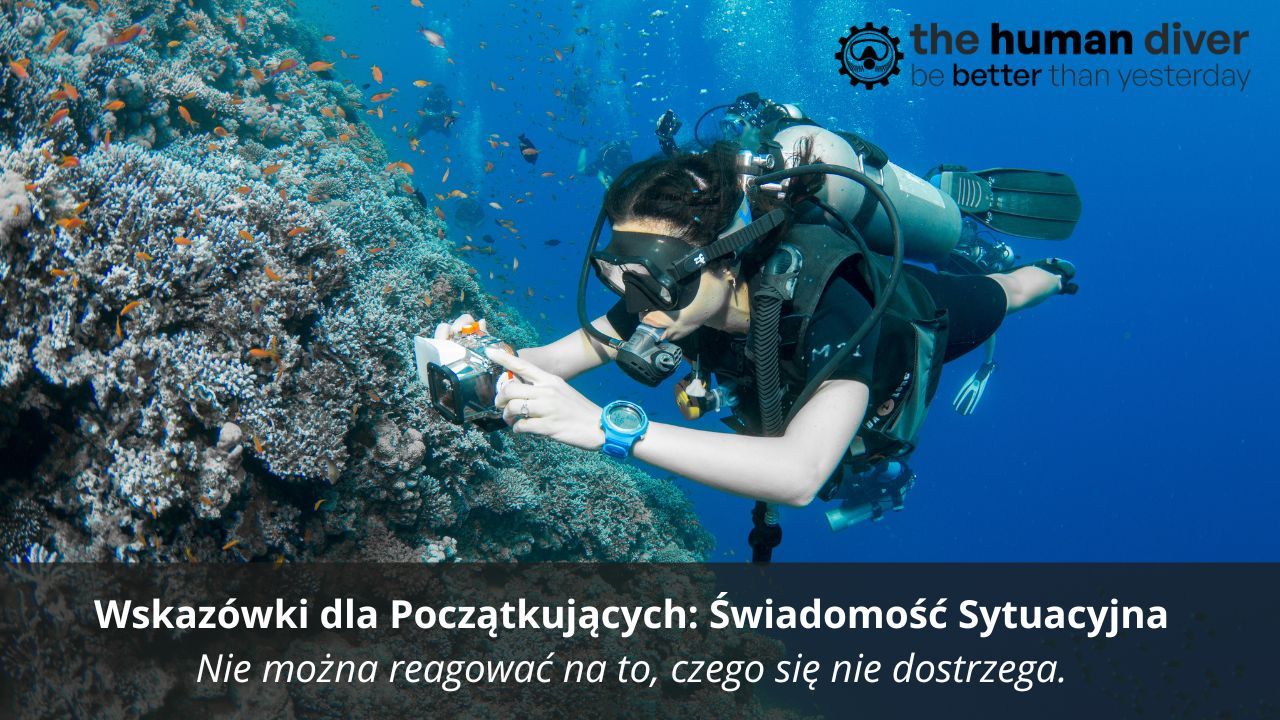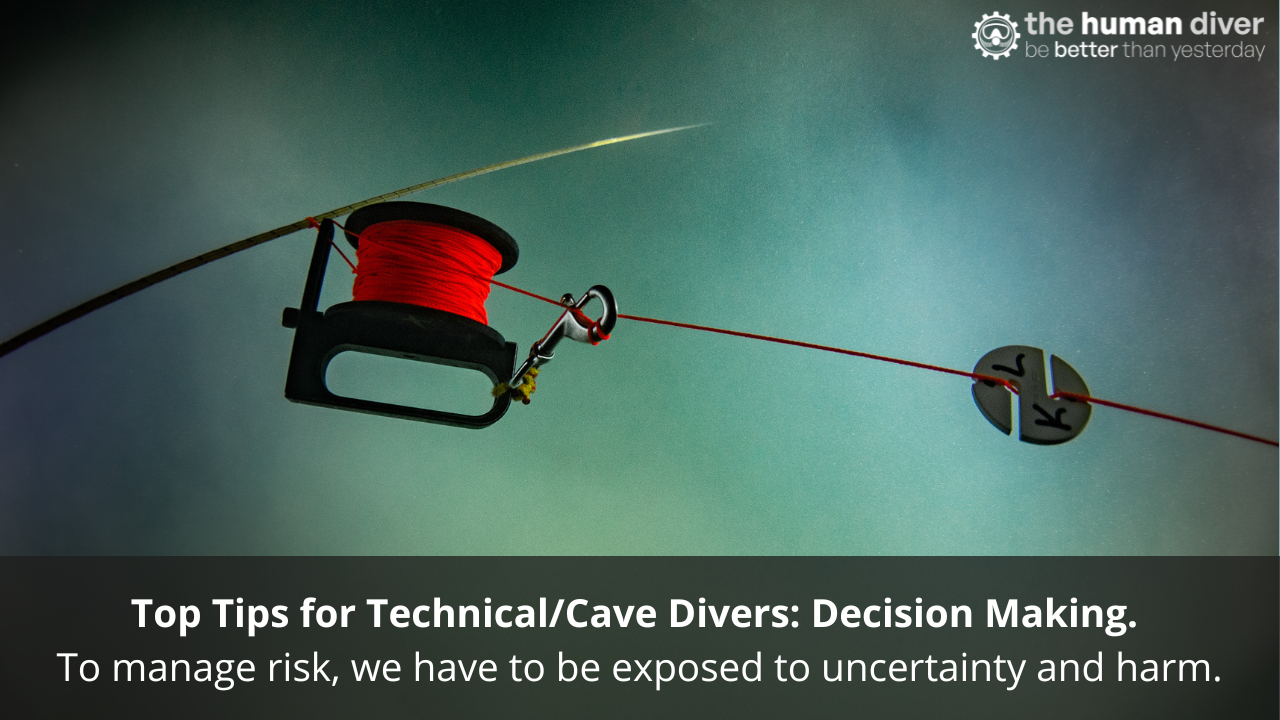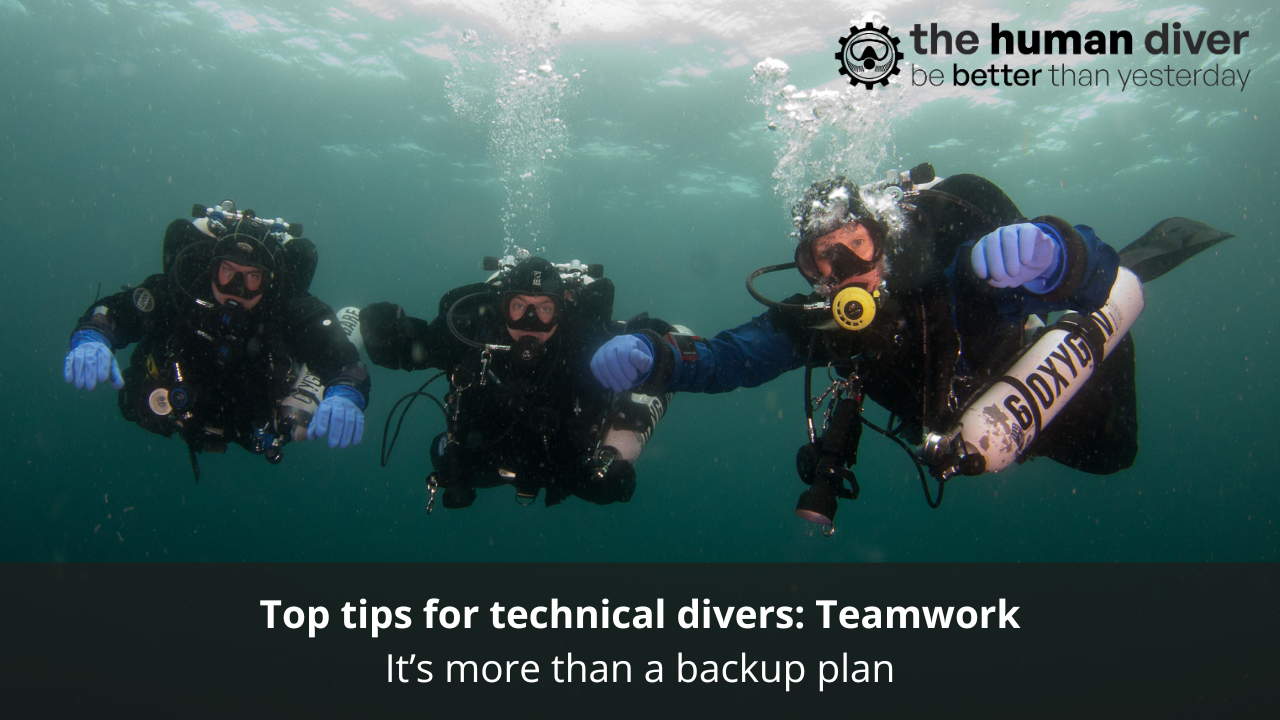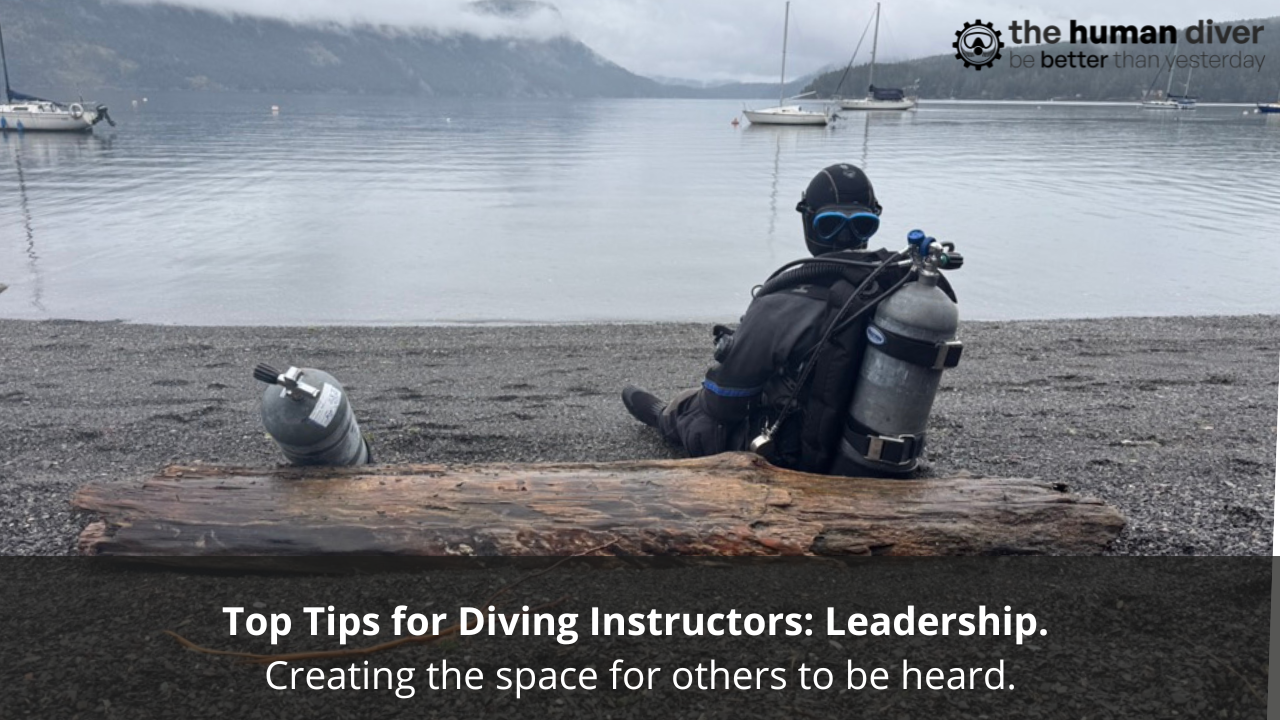
Why ‘They should have’, ‘...could have’ or ‘I would have..’ do not improve diving safety
Aug 24, 2019When things go wrong, or incidents/accidents happen, it is easy to identify how the problem could have been prevented by applying one of the following the phrases ‘If only they’d done A…’ or ‘They should have done B…’ or ‘They could have done C…’ or ‘I would have done D…’ We do this because we are trying to identify a way in which we could prevent the same thing happening again in the future.
This is a natural reaction. We are trying to bring order to disorder and is known as counterfactual reasoning. At its most basic form, we think that if the people had taken different actions, then the outcome would have been different. Unfortunately, we are applying non-existent facts to the story to tell a different one, one with a happy ending.
Here are a couple of examples of counterfactuals in relation to diving:
- If the rebreather diver had done his checklist properly, then he wouldn’t have entered the water with his oxygen turned off which would have meant he wouldn’t have gone hypoxic and subsequently drowned.
- If the diver had noticed that his single cylinder was turned off prior to entering the water on a negative entry, then he would have had gas to breathe and gas to put into his BCD, and so he would have prevented his death.
Bringing Order to Disorder
We like counterfactual reasoning because we think it brings order to disorder and we won’t make those same mistakes again. We apply hindsight, thinking it will give us foresight if we encounter that same situation. We wouldn’t make the same mistakes because we know what should have, could have or would have been done and would execute those correct actions thereby preventing disaster. We would have prevented the adverse event from happening because we would have paid more attention and noticed the cues and clues that something wasn’t right.
Counterfactual reasoning can lead us to a happy place because we think we’ve solved the issue. There is a problem though. Counterfactual reasoning does not help us improve our chances of reducing the same event from occurring in the future because it does not address the reality of a messy world. It does not address the conditions that led to the error, mistake or violation happening. Importantly, it does not focus on why those ‘oh so obvious’ factors were missed in real-time by the diver. Fundamentally, counterfactual reasoning relates to a story that did not happen.
Understand local rationality
Consider the difference between “they did not execute their checklist properly and so the O2 was turned off” and understanding the local rationality as to why they didn’t execute their checklist.
- Were checklists normally used in their diving?
- Was checklist use and their fallibility/criticality covered during training?
- Were they distracted part-way through the checklist?
- Did they think they were under perceived time-pressures to get in the water?
Often, we hear “They should have followed the manufacturer’s checklist” but if the checklist is not fit for purpose and no-one in the team uses it, then is it any surprise it wasn’t followed?
Knowing outcomes is one thing, but often outcomes have little to do with the contributory or causal factors, the conditions or circumstances, that enabled past incidents to occur. Consequently, counterfactual reasoning is not constructive because the inquiry into the error-producing conditions or contributory/causal factors is missed: we’ve already identified what we need to do differently so why look elsewhere? Counterfactual reasoning replaces “what were the circumstances that led to diver X doing Y” with “diver X should have done Z instead of Y”. And saying they were stupid because it was obvious it would end up like that is another bias, hindsight bias. If it was that obvious, then they wouldn’t have done it would then?!
Summary
Counterfactual reasoning is only useful if you are Dr Who and can go back in time to prevent the incident that just happened. For everyone else, counterfactual reasoning helps us feel better, but it doesn’t make us better at improving diving safety or our own performance. Ironically, it does exactly the opposite, it actively prevents us from getting better because we are not looking at the cues, clues and patterns that led to the incident, cues, clues and patterns that we can spot and do something with.
The key takeaway: Don’t ask “why didn’t they do Y instead of X?” Instead, ask, “how was it that doing X made sense to them at the time?” You’ll learn a lot more about how to improve your future diving if you ask questions about what did happen instead of focusing on what didn’t.
P.S. If you think people are stupid because it was obvious it would end up that way, you’ve just fallen foul of another bias, hindsight bias. If it was that obvious it was going to end that way (dead, bent, injured etc…) then don’t you think they would have done something about it and prevented it from happening while they were there?
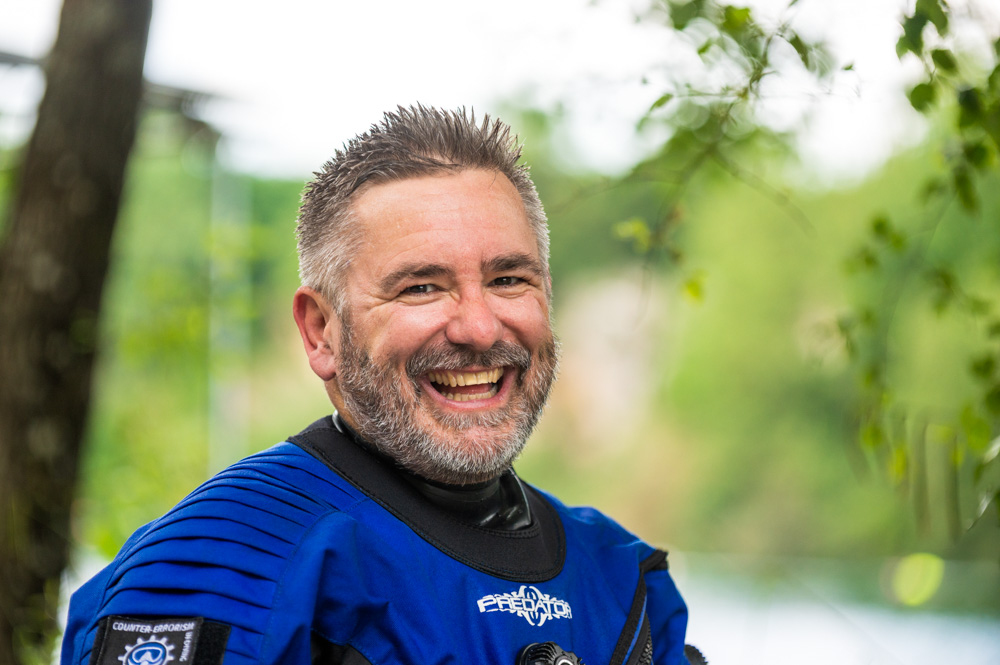
Gareth Lock is the owner of The Human Diver, a niche company focused on educating and developing divers, instructors and related teams to be high-performing. If you'd like to deepen your diving experience, consider taking the online introduction course which will change your attitude towards diving because safety is your perception, visit the website.
Want to learn more about this article or have questions? Contact us.

